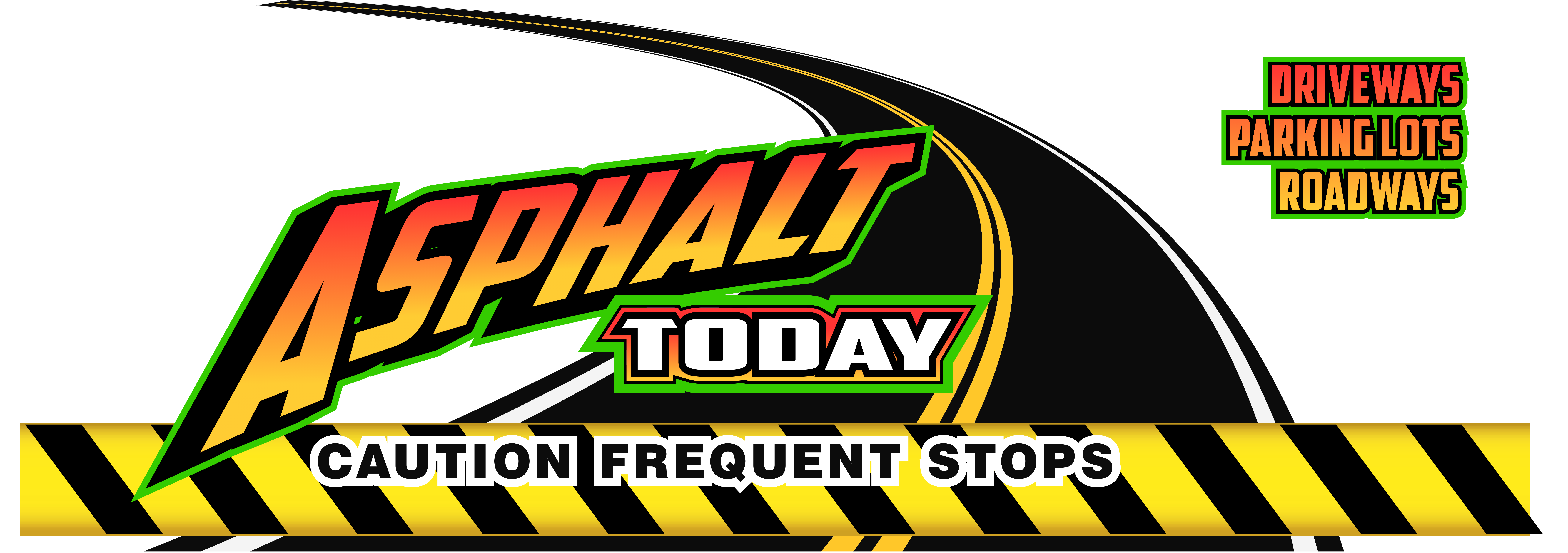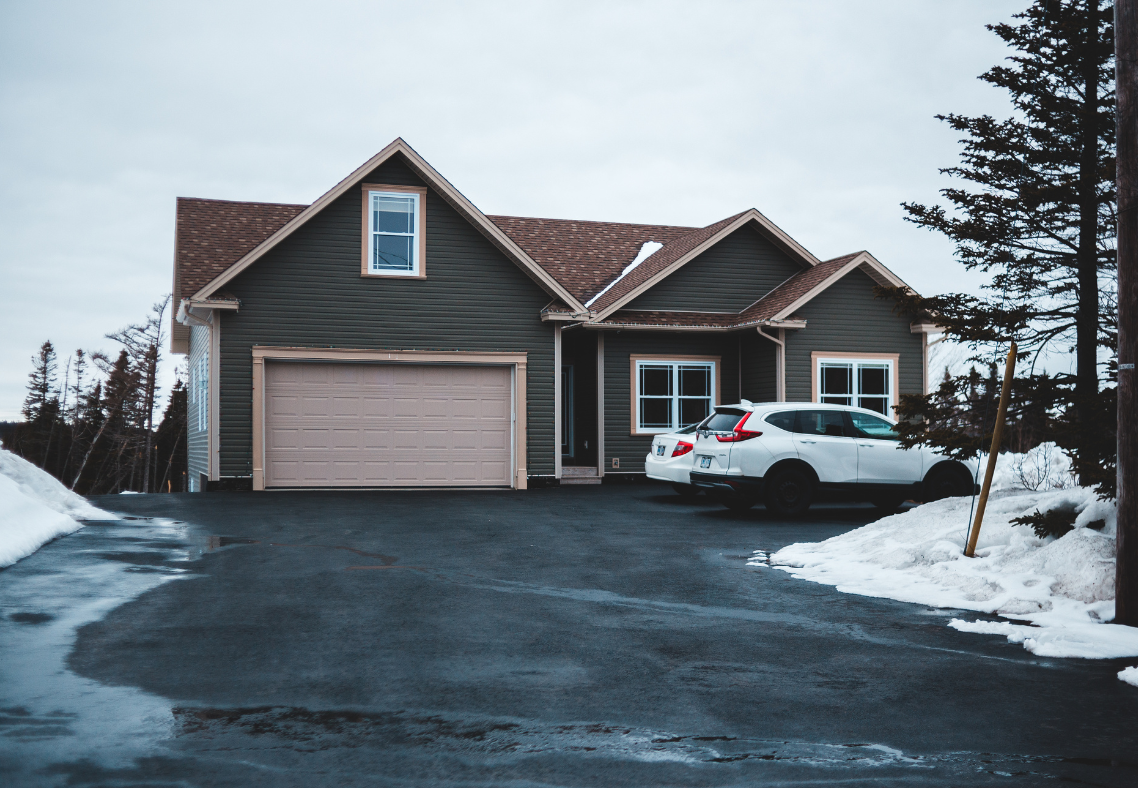Why The Fall Is A Good Time To Repave A Parking Lot In Myrtle Beach
Free Estimates | No Up-Front Deposit Required | Family Owned & OperatedWhen installing or replacing an asphalt driveway in Myrtle Beach, one of the most important factors to consider is proper slope. While it might not be the first thing on your mind, the slope of your driveway plays a critical role in how well it drains, how long it lasts, and how effectively it protects your home from water damage. In a coastal city like Myrtle Beach, where heavy rainfall and humidity are common, ensuring your driveway is correctly graded is essential. Poor drainage can lead to water pooling, surface damage, erosion, and even structural issues near your home. So, how do you ensure your driveway is properly sloped? Let’s break it down.
Answering The Question: How To Properly Slope Your Asphalt Driveway In Myrtle Beach
Why Slope Matters for Driveways in Myrtle Beach
Myrtle Beach’s tropical climate brings both heavy rainfall and high humidity. If water isn’t properly channeled away from your driveway, it can collect in low spots, penetrate the asphalt, and weaken the foundation beneath it. Over time, this leads to cracks, potholes, and even premature failure of the pavement. Proper slope ensures that water flows away from your home, preventing damage to your foundation and minimizing the risk of flooding or erosion. It also helps the asphalt surface last longer by reducing the amount of water that can seep into its layers.
Understanding the Right Slope for Your Driveway
The slope—or grade—of a driveway is typically expressed as a percentage, representing how much the driveway rises or falls over a certain distance.
General Guidelines for Slope:
- Minimum slope: At least 1% to 2%, which equals a 1- to 2-inch drop for every 10 feet of driveway.
- Maximum slope: Ideally under 15% (about a 1.8-foot drop over 10 feet). Slopes steeper than this can become slippery and difficult to navigate, especially during storms.
- Cross slope: Some driveways are built with a slight crown in the center so water runs off both sides. Others may slope toward one side or toward a trench drain.
In Myrtle Beach, where sudden downpours are common, a 2% slope is usually optimal to help water drain quickly from the surface.
Common Driveway Slope Types
- Front-to-Back Slope (Longitudinal Grade): This is the slope from your garage or home to the street. It ensures that rainwater drains away from your house. Without it, you risk water flowing toward your foundation or pooling near your garage door.
- Side-to-Side Slope (Cross Slope): This slope helps water run off to the sides of the driveway, where it can be absorbed into landscaping or directed into a drainage system. This is especially helpful on longer or wider driveways.
- Crown Slope: For driveways in flat areas, a “crown” can be installed in the center of the drive so water drains toward both sides. This design is common in rural and high-rainfall areas.
How to Achieve Proper Slope When Paving
Ensuring a correct slope starts before the asphalt is poured. Here’s how professionals approach the process:
- Site Assessment and Grading Plan: A paving contractor will first assess the natural elevation and drainage patterns on your property. They’ll plan a slope that not only directs water away from your home but also considers the surrounding landscape and any local drainage codes.
- Sub-Base Preparation: A solid, compacted base is essential. This layer, typically made of gravel or crushed stone, is graded to the desired slope before the asphalt is applied. If the base isn’t properly graded, the finished surface will have drainage issues no matter how well it’s paved.
- Laser-Guided or String Line Leveling: To ensure accuracy, contractors use string lines or laser-guided equipment to measure the slope throughout the grading and paving process.
- Drainage Additions (if needed): If your property is extremely flat or your driveway is long, additional drainage features like trench drains, French drains, or swales may be installed to supplement the slope and prevent pooling.
Mistakes to Avoid with Driveway Slope
Properly sloping a driveway requires precision and experience. Here are a few common errors to avoid:
- Insufficient slope: Too flat, and water will pool.
- Slope toward the house: This can cause water damage to your home’s foundation or interior.
- Uneven grading: Dips or waves in the driveway surface can collect water even if the overall slope is correct.
- Skipping drainage considerations: Even with a proper slope, additional drains may be necessary in Myrtle Beach’s high-rainfall climate.
Special Considerations for Myrtle Beach Residents
Because of Myrtle Beach’s sandy soils and heavy coastal rainfall, driveways here require extra care during design and installation. Sand drains quickly, which is good for runoff—but without proper compaction and slope, it can erode under the asphalt, leading to settlement and cracking. In coastal environments, there’s also the risk of salt intrusion, which can accelerate asphalt deterioration. This makes good drainage even more critical to reduce the standing water that can carry salt into the pavement layers.
Professional vs. DIY Driveway Sloping
While homeowners may be tempted to handle grading themselves, achieving the correct slope without professional tools or experience is difficult. A licensed paving contractor has the knowledge, tools, and expertise to:
- Measure elevation accurately
- Compact the sub-base correctly
- Achieve precise slope for long-lasting drainage
- Comply with local zoning and stormwater codes
In most cases, hiring a professional will save you money in the long run by preventing costly repairs from improper installation.
The Long-Term Benefits of Proper Slope
Investing in a properly sloped driveway pays off in many ways:
- Prevents water damage and flooding
- Reduces asphalt cracking and deterioration
- Improves safety by reducing slick or icy spots
- Enhances curb appeal with a smooth, even surface
- Increases the overall lifespan of your driveway
For Myrtle Beach homeowners, where seasonal rain and coastal conditions can put extra stress on pavement, a well-sloped asphalt driveway is not just a convenience—it’s a necessity.
Contact Asphalt Today For Residential Paving Services In Myrtle Beach, SC
If you’re building a new driveway or replacing an old one, don’t overlook the importance of proper slope. At Asphalt Today, we specialize in residential asphalt paving services tailored to Myrtle Beach’s unique climate and soil conditions. From elevation planning to final surface grading, our experienced team ensures your driveway drains effectively and lasts for years to come. Let us help you avoid costly water damage and get the most out of your investment. Contact Asphalt Today for a free estimate and let our experts design a smooth, durable, and properly sloped asphalt driveway that enhances both the value and safety of your home.

